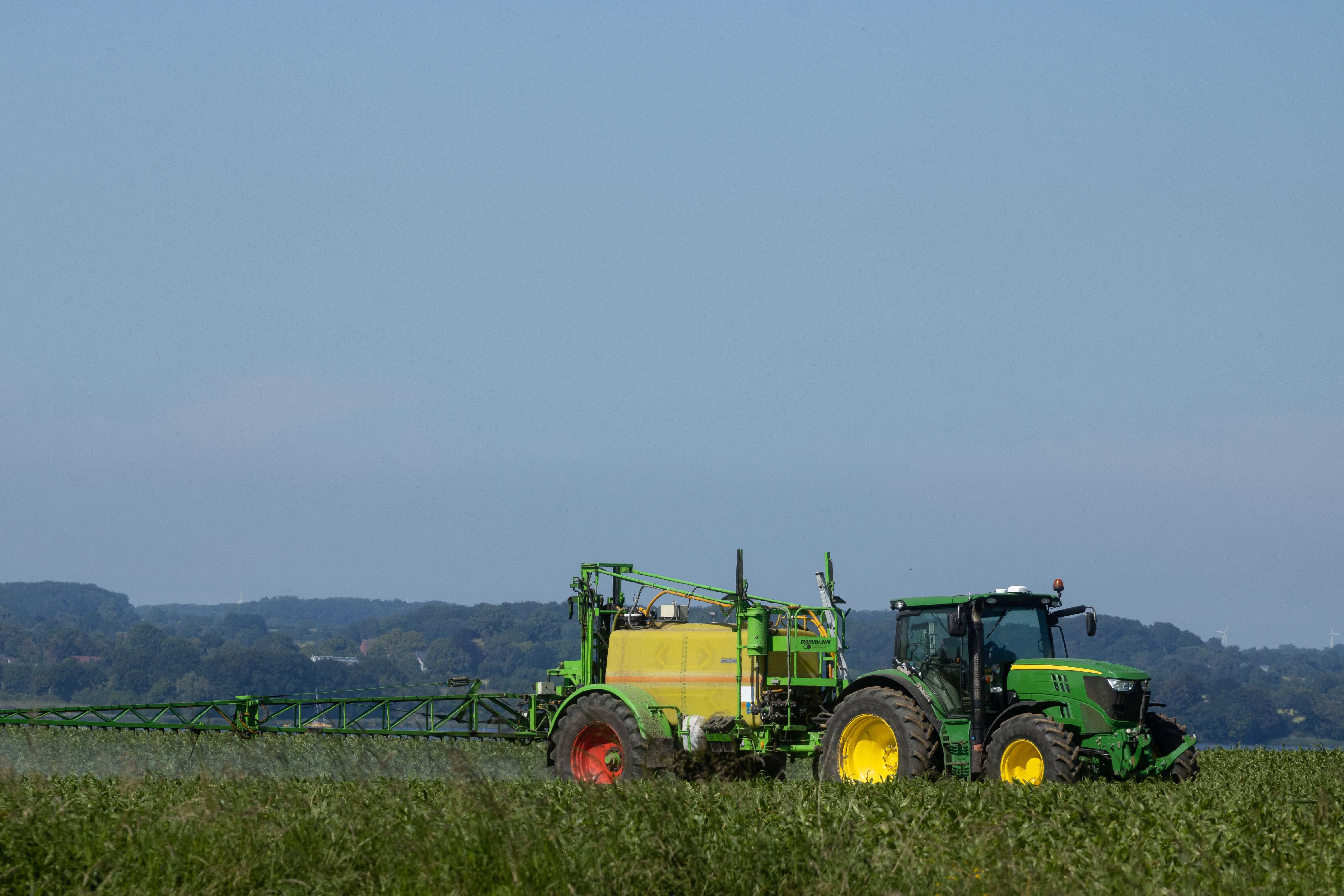As the negative impacts of chemical pesticides on the environment and human health are well established, European policies are struggling to meet the goal of reducing chemical pesticide use by 50% by 2030. To address this issue, 144 experts, scientists, and stakeholders have spent two years crafting a forward-looking strategy that envisions a shift in the agricultural and food systems model, aiming for the complete elimination of chemical pesticides by 2050. The French Institute of Agronomic Research published the report.
Today, chemical pesticides play a crucial role in conventional agricultural systems. However, dramatically reducing their use, let alone banning them altogether, is a complex problem with no simple solution. Therefore, this prospective study by INRAE takes a step further by considering the feasibility of adequate crop protection in a chemical pesticide-free European agriculture by 2050 and the modalities of transitioning towards such agriculture.
The study, carried out under the priority research program “Cultivate and protect differently” and in connection with the European research alliance “Towards a Chemical Pesticide-Free Agriculture,” aims to shed light on these issues and propose trajectories. It offers three scenarios for chemical pesticide-free agriculture in Europe by 2050:
- The “Global Market” initiative aims to create European and global value chains that rely on digital technologies and plant immunity to produce pesticide-free food.
- The “Healthy Microbiomes” initiative seeks to establish European value chains that utilize plant holobionts, soil, and food microbiomes to promote a healthy diet.
- The “Nested Landscapes” initiative focuses on developing complex and diversified landscapes and regional value chains to support a sustainable and healthy diet.
For each scenario, pesticide-free farming systems rely on crop diversification, the development of biocontrol, the selection of suitable crops and varieties, the contribution of digital and agro-equipment, and the anticipation of the arrival of bio-aggressors through epidemiological surveillance devices.
“In this prospective study, we aim to measure the effects of different scenarios on agricultural production, land use, greenhouse gas emissions, and trade. We’ll simulate a biomass equilibrium model at both the European and global levels to achieve this,” comments INRAE in the report.
Concerning European agricultural production, calorie production varies from -5% to +12% depending on the scenarios, with a balance to be found between reducing animal product consumption and maintaining pastures. On the trade balance, overall, the impact of scenarios 2 (Healthy Microbiomes) and 3 (Nested Landscapes) give Europe room to ensure its food sovereignty and be an exporter. All three scenarios allow for a reduction in GHG emissions from -8% (scenario 1) to -20% (scenario 2) and up to -37% (scenario 3). In addition, all three paths lead to increased carbon stock in soils and biomass to contribute to carbon neutrality in 2050 for the agricultural and agri-food sector with scenarios 2 and 3.
“The key to success lies in coherent European public policies, mobilization of all stakeholders in the value chain, and risk-sharing between actors.” says the report. Adequate crop protection without chemical pesticides relies on several associated levers: crop diversification in time and space, the development of biocontrol products or bio-inputs, appropriate varietal selection, agro-equipment and digital tools, and monitoring tools for the dynamics of bio-aggressors and the environment.
With concrete case studies in Italy, Romania, Finland, and France to establish transition trajectories, it emerged that the entire food system must be considered in this redesign, involving all actors in the chain, from the producer to the consumer modifying their diet through public.
Photo by Mirko Fabian on Unsplash



1 Comment